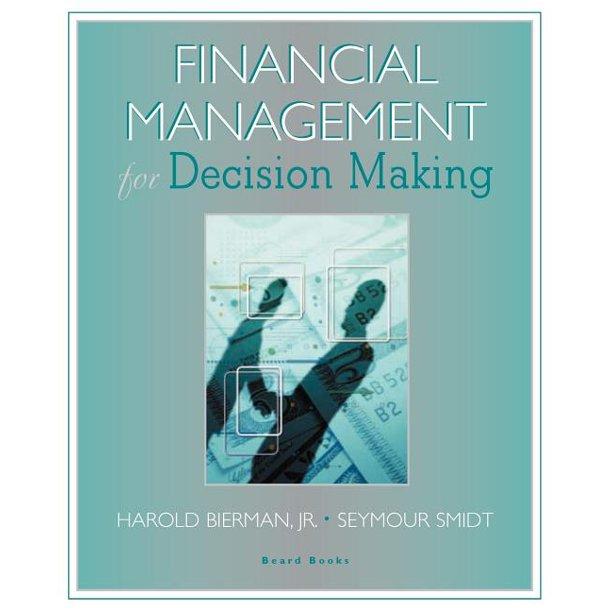Question
Need help answering those 2 questions in bold at the end, accounting ethics. No plagiarism please thanks. Scott London was a senior partner at KPMG
Need help answering those 2 questions in bold at the end, accounting ethics. No plagiarism please thanks.
Scott London was a senior partner at KPMG in charge of the audit practice for clients in California, Arizona and Nevada. He also personally oversaw audits of Herbalife and Skechers. He worked at KPMG for thirty years. Over a two-year period, he passed information on several companies by reading his friend, Brian Shaw, news releases before they were issued, telling him about planned acquisitions and giving him advance word about earnings that were not yet public. That allowed Shaw to make many profitable trades. For example, Shaw purchased thousands of Herbalife shares in the weeks before an announcement of the companys record sales. The announcement sent Herbalife shares up 13%, and Shaw made a profit of about $450,000. Shaw was also told that another KPMG client, Pacific Capital Bancorp, was about to be acquired by Union Bank. Pacific Capitals shares increased 57% when the news was announced and Shaw made $365,000. Regulators became suspicious of Shaws well-timed trades and began an investigation. The regulators had Shaw secretly record conversations with London and was filmed by the FBI handing London an envelope of cash. Shaw pleaded guilty to conspiracy to commit insider trading. KPMG fired London and withdrew several audits of Herbalife and footwear maker Skechers, plus resigned as the auditor of both clients. A criminal case was filed a few days later. At the trial, London said he was helping a friend whose jewelry business was in financial trouble, thinking regulators would not look at the small fish. London believed Shaw made about $200,000 on the trades when, in fact, it was over $1.2 million. He also admitted to receiving $60,000 in cash and a $12,000 Rolex watch, part of which was on the FBI film. Compared to the earnings he made as a very senior audit partner in a major accounting firm, this was insignificant. London was sentenced to fourteen months in prison (it could have been up to twenty years) and charged with civil penaltiesnot to mention the legal fees and damage to his reputation.
1.Was it necessary for KPMG to withdraw the audits London was in charge of? How about resign as the auditor?
2. In what ways can accounting firms be sure their partners and employees do not release confidential information? Do you think it is even up to them to worry about this?
Step by Step Solution
There are 3 Steps involved in it
Step: 1

Get Instant Access to Expert-Tailored Solutions
See step-by-step solutions with expert insights and AI powered tools for academic success
Step: 2

Step: 3

Ace Your Homework with AI
Get the answers you need in no time with our AI-driven, step-by-step assistance
Get Started


